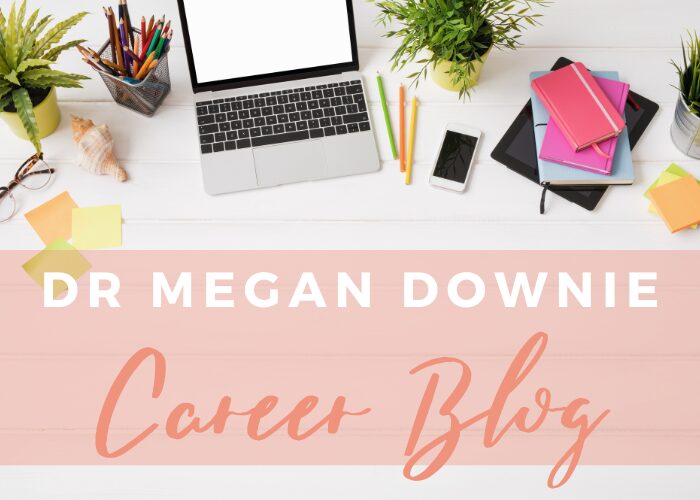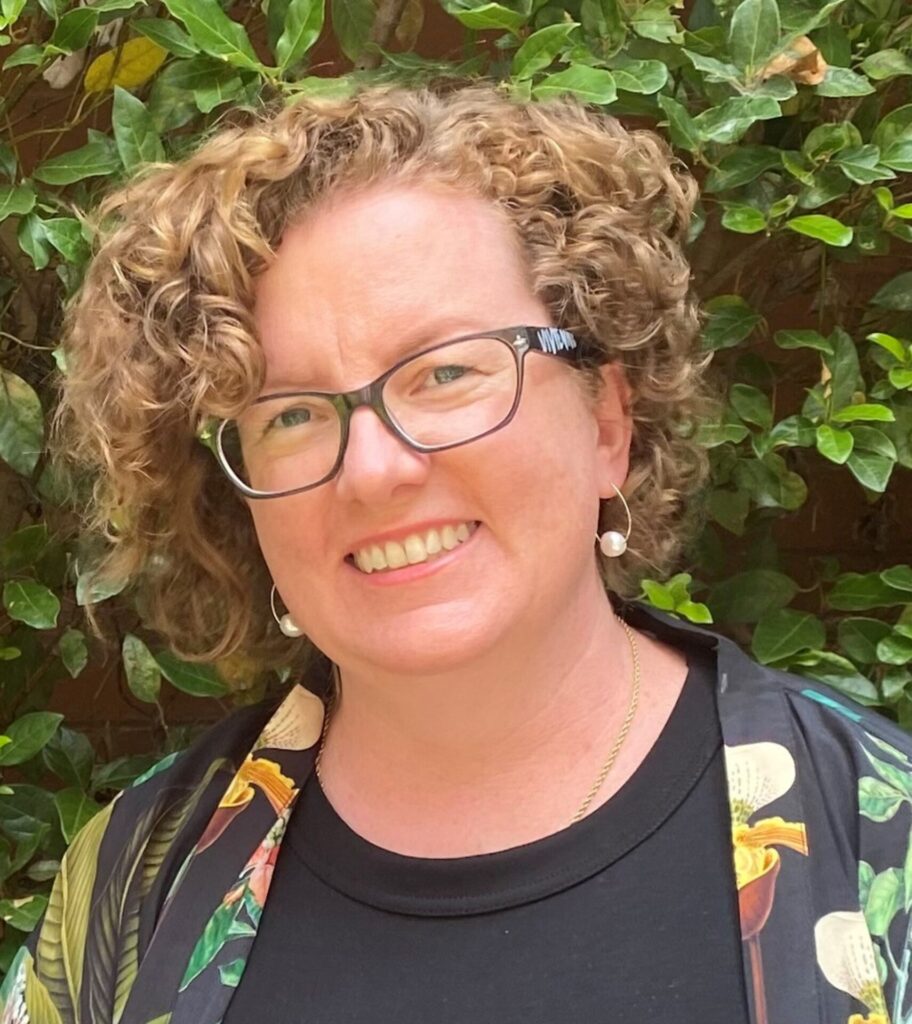
Meet Dr Megan Downie, Associate Director, Government Affairs at Gilead Sciences! Here she talks about her career from lab bench to policy to industry, and how each role has a positive impact on people’s health, every day.
In exciting news, Megan will be one of the table mentors at the Canberra edition of our upcoming Careers Transition breakfast! You can purchase your ticket for this in-person event here

What is your current role and how did you get to be there?
I joined Gilead Sciences as Associate Director, Government Affairs earlier this year. Gilead is a biotech company and my role focuses on increasing access to our CAR T products, to ensure that patients who qualify for these life–changing therapies can access treatment as close to home as possible.
Prior to this, I held a variety of leadership positions across health policy in the Australian Public Service. This breadth of experience working with public health professionals and commonwealth, state and territory governments, along with my prior background in academic research, has given me a unique skillset that I can draw on in my new role.
I undertook a PhD at ANU, looking at how the malaria parasite scavenges certain nutrients from its human host. After some time as a post doc both in the United States and back in Australia, I joined the APS in a technical role with the Office of the Gene Technology Regulator. I undertook risk assessments for work with genetically modified pathogens, and was involved in certifying high–containment labs. From here, I was able to transition to a variety of public health policy roles with the Department of Health and other commonwealth agencies. Some of the highlights included immunisation policy, medical research policy and cancer screening.
How does your work contribute to the field?
Since leaving the lab bench, I’ve had the privilege of working in roles that had a clear line of sight between the work I was doing and the impact it had on people. My current role is no different – its clear to see the positive impact we have on patients every day, and my role is about ensuring that more people across Australia can access our ground–breaking cell therapies.
What are your loves outside of work?
I’ve had the chance to get back into reading recently, and would happily recommend any book by Ann Patchett. Other recent favourites include This time tomorrow by Emma Straub and Sipsworth by Simon van Booy. And for the FW community, I have to mention The Grass Castle by Karen Viggers, because it’s not often you get to read a novel about a female scientist from Canberra.
What is one piece of advice you could pass onto others following their own career in health and medical research sector?
Networks, networks, networks. It’s not just professional networks like FW – but making connections with current colleagues (always say yes to the coffee run) and maintaining connections with previous colleagues and stakeholders will be invaluable later on, especially if you decide to change things up. When looking for my current role, I set out to have coffee catchups with people in a range of roles across the public, private and not-for-profit sector, to get an understanding of what other opportunities would be out there. It was fascinating, and really helpful! And unsurprisingly, it was an FW-based introduction to someone in pharma that gave me both the necessary insight into the industry and the courage to apply for my current role. I wonder how many other people are where they are because of FW connections...
